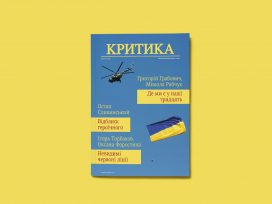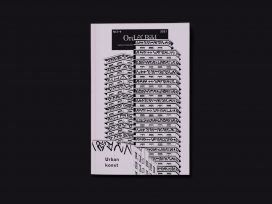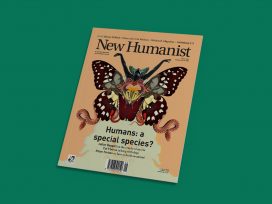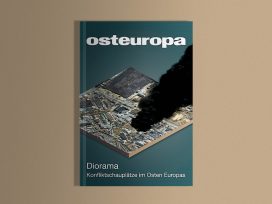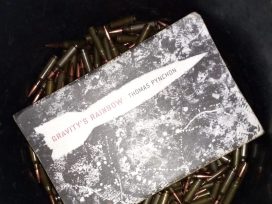In an issue of ‘Krytyka’ on Ukrainian independence: a catalogue of errors from Kuchma to Zelensky; a personal history of freedom formed; and seismic shifts in the Kremlin’s symbolic geography.
Krytyka editor-in-chief George G. Grabowicz takes the 30th anniversary of Ukrainian independence as the occasion for a summing up, ‘even if only a preliminary one’. He focuses not just on the achievements of the republic’s six presidents, but also on what he sees as wasted opportunities for the establishment of Ukrainian democracy and civil society.
Grabowicz refers to the Leonid Kuchma era (1994–2005) as ‘lost time’ and period of ‘quasi-Brezhnev stagnation’, marked not just by lack of progress but also active regress. The second era, from the Orange Revolution in 2004 to 2019, was dominated by Viktor Yanukovych and defined by attempts forge Ukraine in the image of Putin’s Russia.
Grabowicz considers Viktor Yushchenko as a disappointment, whose feud with Yulia Tymoshenko brought down the Orange camp. Nevertheless, Yushchenko’s recognition of the Holodomor as a Bolshevik genocide against the Ukrainian nation ‘honours him and will remain one of his most notable achievements’. Meanwhile, the tendency to view Yanukovych as a ‘monster’ ‘distracts us from understanding all the steps and mechanisms that made him “normal” and “ours”, and most importantly all those people who in one way or another made it possible for him to work until the border was crossed.’
Compared to Yanukovych, anyone would look good; still, according to Grabowicz, Petro Poroshenko’s achievements far exceeded those of any of his predecessors: reform of the army; energy independence from Russia; decentralization of the administration; intensified diplomatic overtures towards the West; autocephaly to the Ukrainian Orthodox Church.
Poroshenko ‘deserved unequivocal support in the 2019 elections’; instead, his defeat to Zelensky resembled Churchill’s fate in 1945. Zelensky is a ‘post-historic president’ whose positions are clearly evolving, writes Grabowicz. While they are certainly not predictable, ‘a return to the old schemes is unlikely’. For all its kitsch, Zelensky’s speech on Independence Day on 24 August offered a vision of revival rather than the oligarchic world of Ukraine Inc.
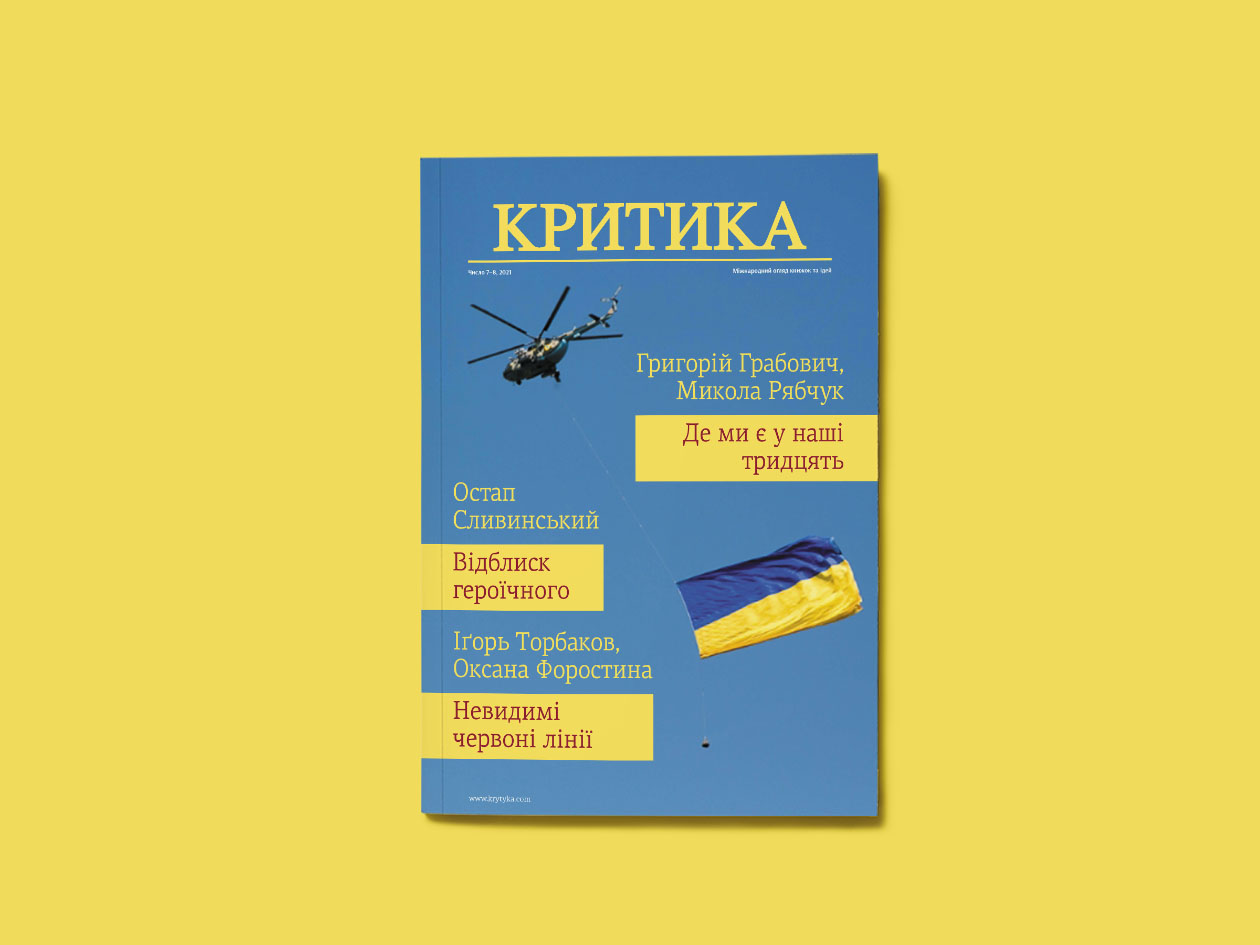
Glass half-full
Under Soviet rule, Ukrainian national consciousness remained dormant and independence an unspeakable taboo. When the desire for freedom erupted, it expanded far beyond the marked route of perestroika. Mykola Riabchuk recounts a personal history of how independence was conceived, formed and defended.
‘Today, Ukraine is certainly not the country I had dreamed about three decades ago, but I have to tame my frustration because four decades ago I would not dare dream about any independent Ukraine whatsoever, at least within my life-span.’
‘So, I try to consider the glass rather half-full than half-empty. We are certainly far behind our Baltic or Central European former fellow inmates of the communist camp. But we are certainly far ahead of all the post-Soviet republics since only Ukraine (and a tiny Moldova) retained the democratic system ushered by perestroika – with freedom of speech and assembly, regular multi-party elections and change of government, mass support for democracy and a lasting dedication to Euro-Atlantic integration.’
Away from Europe
Ever since Russia’s Crimea gambit and the eastern Ukraine debacle, a dramatic shift in Moscow elites’ political imagination and symbolic geography has been taking place, writes Igor Torbakov. ‘At the heart of this shift is Russia’s increasing mental distancing from Europe.’
‘What bothers the grim men in the Kremlin is not “Gayropa” – a phoney bogeyman manufactured for domestic consumption. In reality, they are seriously troubled by the EU’s fundamental political ideals and values – human dignity and freedom, rule of law, democracy and tolerance. It is these aspects of European heritage that the Kremlin rulers, presiding over the increasingly repressive authoritarian regime, cannot master.’
‘The thing is, though, that these “European values” are universal and cannot be reduced to a concrete historical or cultural tradition. Younger generations who take to the streets across Russia’s vast expanse and challenge the country’s governing elites understand this. The Kremlin rulers appear to understand this too. From their perspective, the best way for Russia to proceed is indeed to unhitch its “wagon” from the European “mad train”. This of course is nothing more than reactionary utopia.’
This article is part of the 18/2021 Eurozine review. Click here to subscribe to our weekly newsletter to get updates on reviews and our latest publishing.
Published 18 November 2021
Original in English
First published by Eurozine
© Eurozine
PDF/PRINTNewsletter
Subscribe to know what’s worth thinking about.
Related Articles
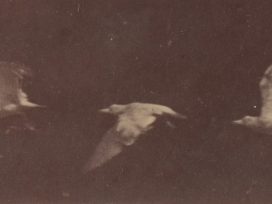
Whether defending human rights on an international stage, checking facts from the frontline, processing traumatic experiences over a lifetime, or even questioning the language you have spoken since childhood – all matter in the collective fight for justice.

Time to live
Ukrainian cuisine, literature and cafés
Defending territory in war expands beyond physical frontlines to include cultural ground. Reclaiming signature dishes, language and public space contests their colonial assumption. Upholding traditions and retaining small home comforts takes on greater significance.
